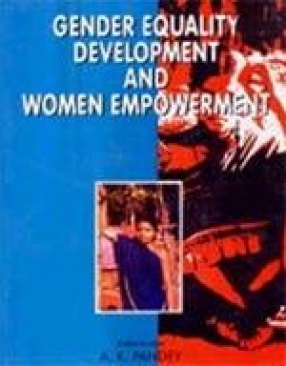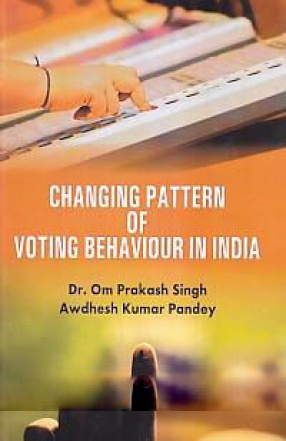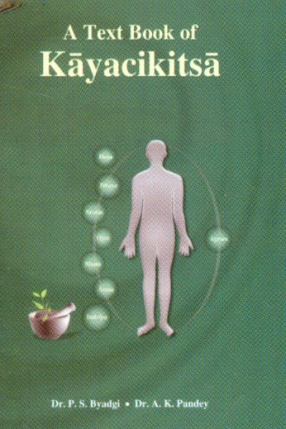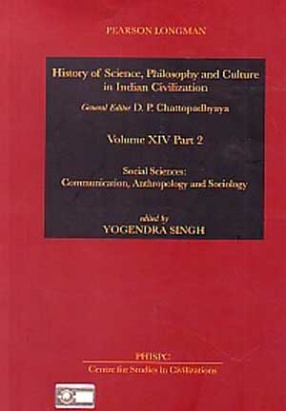An individual’s self-conception as being male or female, as distinguished from actual biological sex. For most persons, gender identity and biological characteristics are the same. There are, however, circumstances in which an individual experiences little or no connection between sex and gender, in trans-sexualism, for example, biological sexual characteristics are distinct and unambiguous, but the affected person believes that he or she is—or ought to be—of the opposite sex. Gender identity is not fixed at birth; both physiologic and social factors contribute to the early establishment of a core identity, which is modified and expanded by social factors as the child matures. The women’s movement questioned certain social institutions and traditional values, basing many of its arguments on scientific studies suggesting that most supposed differences between men and women result not from biology but from culture. Many women objected that the English language itself, by reflecting traditional male dominance in its word forms, perpetuated the problem. Successful efforts to reform the language included the introduction of the title Ms. as an alternative to Miss or Mrs.; the substitution of gender-neutral for gender-based terms, such as Firefighter for fireman and flight attendant for stewardess; and the avoidance of the male pronoun he (for example, by the use of a phrase such as he or she) when referring to persons who may be either male or female. The women’s movement also sought to foster changes in male-female relationships within the family, including the sharing of domestic roles and the avoidance of gender stereotyping in children’s toys and books, television programs, and other media. An increasing number of women chose to use their maiden name after marriage, either in place of, or in conjunction with, their husband’s name. Much attention was given to consciousness raising to make women aware of their shared abilities, experiences, and problems. In India, with the help of NGOs efforts are being made in terms of gender equality and women empowerment by forming the women SHGs. The book is based on this effort and hope that it will be liked by all those working for the welfare and development of women.
Exotic Vegetable
$90.00
$100.00








There are no reviews yet.